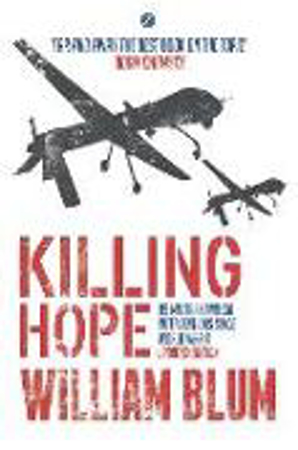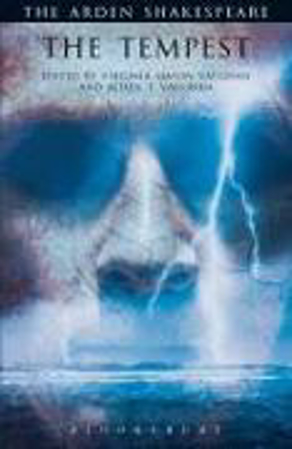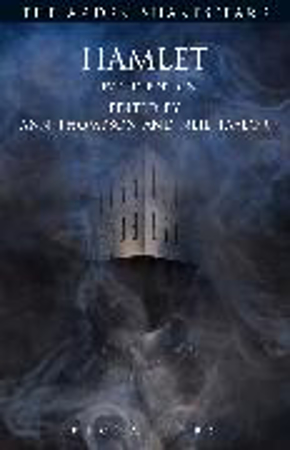Bloomsbury Academic
We are all afraid that new dangers pose a threat to our hard-won freedoms, so what deserves attention is precisely the notion of freedom. The concept of freedom is deceptively simple. We think we understand it, but the moment we try and define it we encounter contradictions. In this new philosophical exploration, Slavoj Zizek argues that the experience of true, radical freedom is transient and fragile. Countering the idea of libertarian individualism, Zizek draws on philosophers Hegel, Kierkegaard and Heidegger, as well as the work of Kandinsky and Agatha Christie to examine the many facets of freedom and what we can learn from each of them. Today, with the latest advances in digital control, our social activity can be controlled and regulated to such a degree that the liberal notion of a free individual becomes obsolete and even meaningless. How will we be obliged to reinvent (or limit) the contours of our freedom? Tracing its connection to everything from capitalism and war to the state and environmental breakdown, Zizek takes us on an illuminating and entertaining journey that shows how a deeper understanding of freedom can offer hope in dark times.
Over 2 billion people (61% of the world's employed population) work in the informal economy. Due to its pervasiveness, informality plays a major role in understanding a wide swath of ideas, such as development, work, employment, governance, and growth. Its scope, nonetheless, goes far beyond economic definitions and political agendas. As the book argues, at the root of informality lies another comprehensive, yet generally unnoticed-or at best improperly treated-phenomenon: that of noncompliance with the law. Whilst it is true that much attention has been paid to the economic aspect over the past 5 decades, the same cannot be said about the legal aspect, which is one of its constitutive features. This book takes the first steps in this direction. The book provides an account of the phenomenon's legal nature through the lens of a case study on street vendors in Brazil, focusing on what can be conceived as noncompliance and by which forms noncompliant behaviour can be assessed. It goes on to set out the most striking impacts of noncompliance; specifically, what happens with the legal system when noncompliance becomes pervasive. The Nature and Impacts of Noncompliance was awarded The European Award for Legal Theory 2022 from the European Academy of Legal Theory (EALT) and Prêmio Abrafi de Teses 2022 from the Brazilian Association for Philosophy of Law and Sociology of Law (Abrafi).























